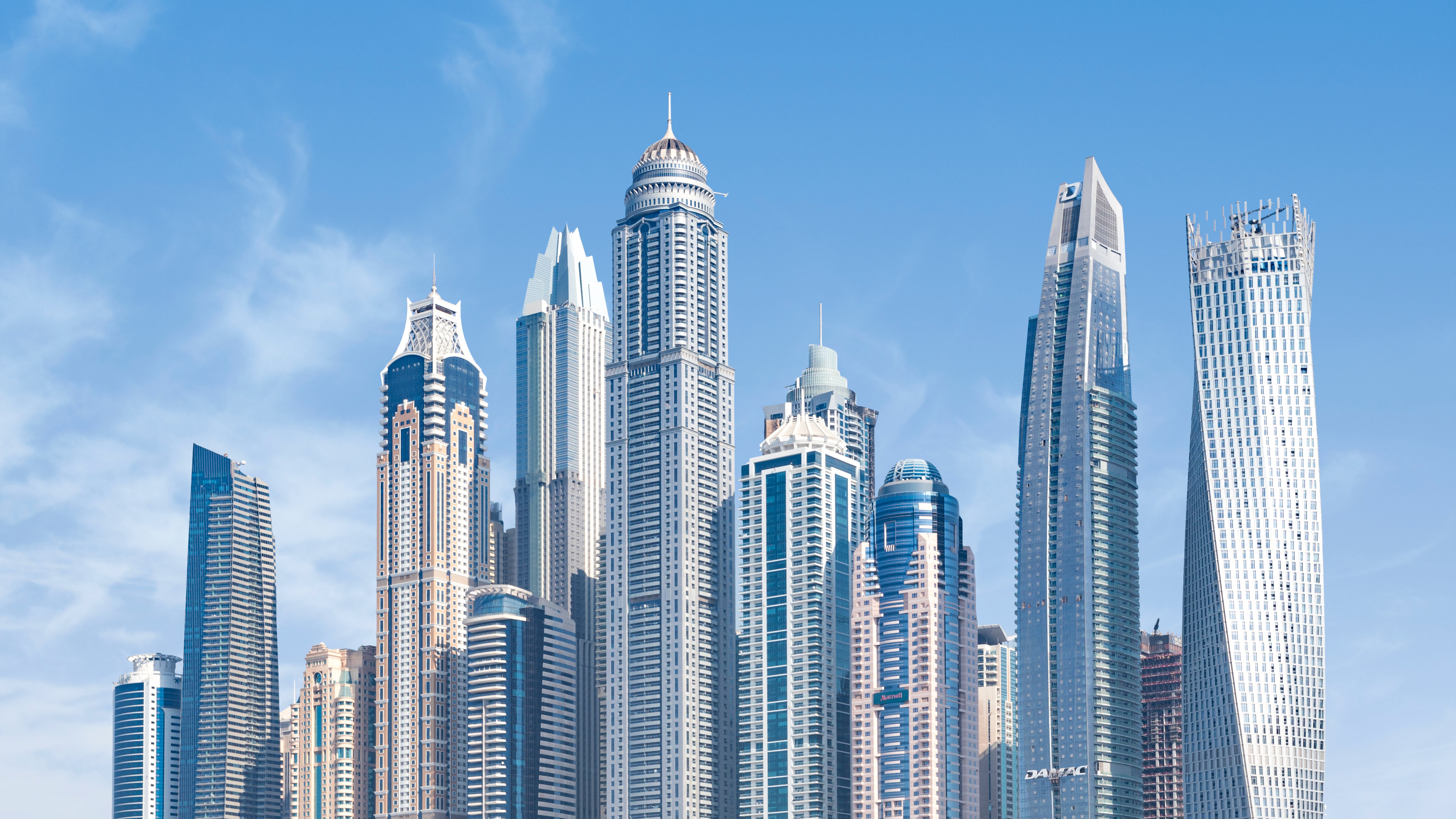
The UAE and Malta have today (5 December) announced that they have joined the Powering Past Coal Alliance (PPCA), committing to transition from unabated coal power generation to clean energy.
It marks a key step for the COP Presidency, which is still facing accusations that it is using the climate summit to boost its oil and gas exports.
For all the size of its oil and gas economy, which makes up 40% of government revenue, the UAE does not have any coal reserves and operates only one coal-fired power station. Indeed, the UAE stopped using coal in power generation in 2022.
Malta is not a major coal player, with no domestic coal extraction. It does import some coal for heavy industry from markets including the EU. Malta phased out coal power in 1996.
Malta and the UAE bring the total number of new PPCA members announced at COP28 up to nine. Other members include the US, the Czech Republic, Cyprus, Dominican Republic, Iceland, Kosovo and Norway. The PPCA now covers 59 countries.
The PPCA argues that the UAE joining the Alliance sends a strong signal for a complete coal phase-out to be included at COP, which its members have also been advocating for.
Dr Sultan Ahmed Al Jaber, COP28 President-Designate, United Arab Emirates said: “Today I am delighted to announce that the United Arab Emirates has joined the Powering Past Coal Alliance. Since COP23, this Alliance has been a leader in driving global momentum to move beyond coal and towards cleaner forms of energy.
“The path to decarbonisation must involve a transition away from unabated coal towards renewable energies. We are clear on the course of action needed and are determined that COP28 provides actionable solutions to enable progress.”
The Alliance is also launching a call to include a commitment in the cover decision of the Global Stocktake to end unabated new coal and phase it out in line with 1.5C. Draft texts of the Global Stocktake emerged at COP28 overnight.
The 12-page document, “welcomes” that the Paris Agreement has “driven near-universal climate action by setting goals and sending signals to the world regarding the urgency of responding to the climate crisis”.
However, the draft text “notes with significant concern” emissions are not in line with modeled global mitigation pathways consistent with the temperature goal of the Paris Agreement. It warns of a “rapidly narrowing window to raise ambition and implement existing commitments” in order to limit warming to 1.5C.
The document is currently light on mentions as to how fossil fuels should be phased-out and also lacks detail on key biodiversity mechanisms such as combatting deforestation and championing nature-based solutions.
Source edie

